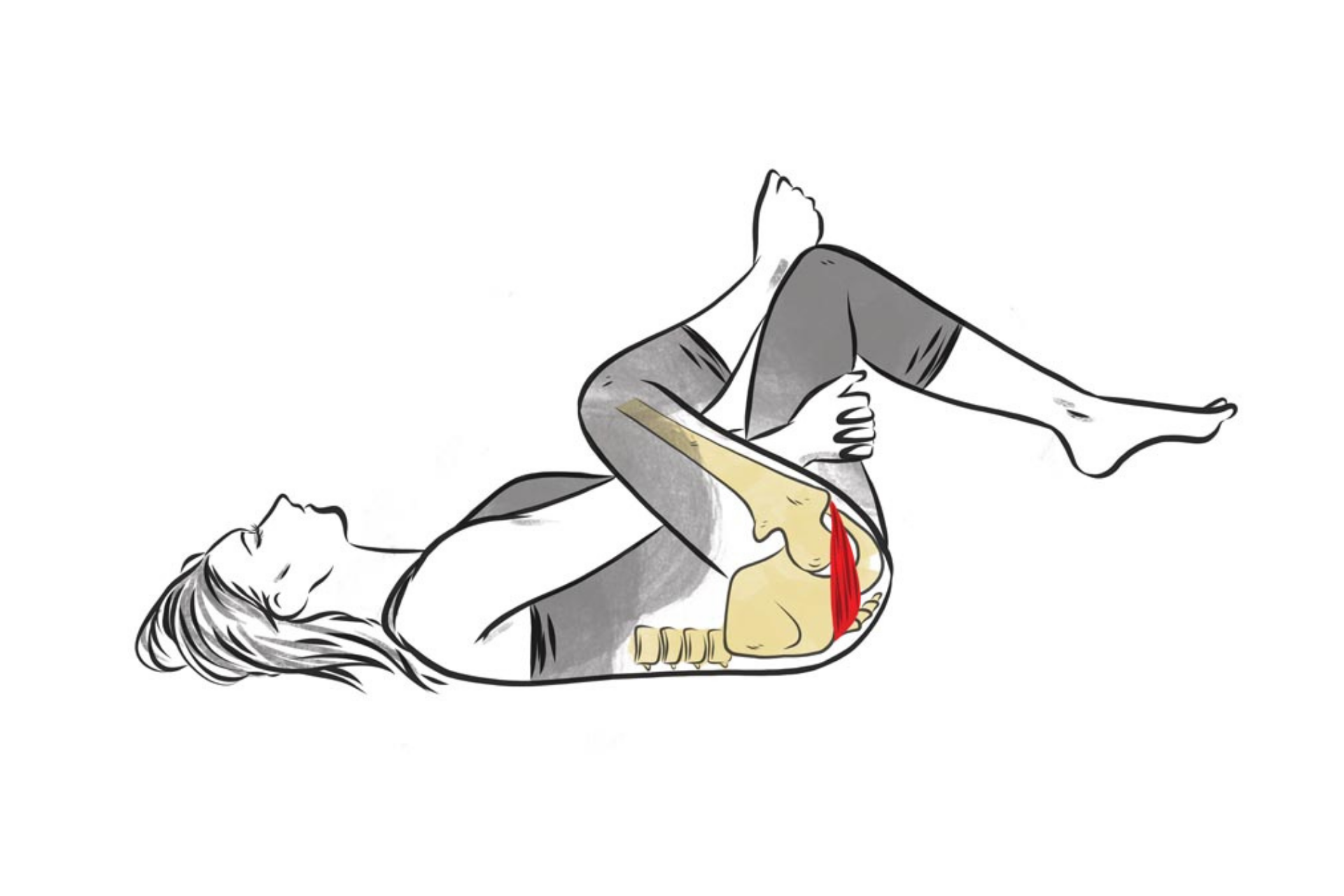Sinus issues are common, affecting millions worldwide and leading to a range of uncomfortable symptoms like headaches, congestion, and facial pain. However, some people also experience neck pain during sinus infections or flare-ups, which raises the question: can sinus issues truly cause neck pain? This article explores the connection between sinus problems and neck discomfort, examining why they may be linked and how to manage these symptoms effectively.
Understanding the Sinuses
Sinuses are air-filled cavities located behind the forehead, nose, and cheeks, which help produce mucus, filter air, and humidify it as it passes through the nasal passages. When working properly, sinuses remain clear and produce just the right amount of mucus to trap dust, allergens, and pollutants. However, when they become inflamed or infected, these passages can swell, leading to increased mucus production and symptoms like congestion, facial pressure, and pain.
Sinus issues, such as sinusitis (inflammation of the sinuses) or allergic reactions, can often cause widespread discomfort in areas beyond the sinuses themselves, including the head, neck, and even the upper back.
How Sinus Problems Can Lead to Neck Pain
The relationship between sinus issues and neck pain may not be immediately obvious, but there are several reasons why sinus problems can cause discomfort in the neck area:
- Pressure and InflammationWhen sinuses are inflamed, they can create pressure in the surrounding areas, especially around the face and forehead. This pressure can radiate and be perceived as pain in adjacent regions, such as the neck. Additionally, inflamed sinuses may irritate nerves that connect to other parts of the body, including the neck, leading to referred pain.
- Muscle TensionSinus pain and pressure can cause a person to adjust their posture or strain facial and neck muscles as they try to relieve the discomfort. This unnatural tension can lead to muscle strain in the neck, creating an aching or throbbing sensation. Constantly adjusting head position or tensing neck muscles over time can aggravate pain and lead to stiffness in the upper neck and shoulders.
- Postnasal DripWhen sinus passages are blocked, mucus often drains down the back of the throat, causing irritation in the throat and upper respiratory tract. This postnasal drip can lead to persistent throat clearing and cough, which can strain the muscles in the neck and exacerbate discomfort.
- Headaches Related to Sinus PressureMany people with sinus issues experience headaches as a primary symptom. These headaches, often centered around the forehead and upper nose, can radiate down to the neck. Pain from sinus headaches often spreads, especially if the pain is severe or persistent, creating neck tension and discomfort.
- Underlying Conditions or Infection SpreadIn rare cases, untreated sinus infections can spread to nearby tissues, leading to more serious complications, including neck pain. If a sinus infection spreads beyond the sinuses, it can potentially affect other areas, including the cervical spine and surrounding tissues, although this is uncommon.
Distinguishing Sinus-Related Neck Pain from Other Types of Neck Pain
Sinus-related neck pain often has distinct characteristics that differentiate it from other types of neck pain. Here are some clues that can help determine if your neck pain may be connected to sinus issues:
- Location and Quality of Pain: Sinus-related neck pain often coincides with facial pressure, headaches, or congestion. Pain may feel dull and achy rather than sharp or stabbing.
- Seasonal or Allergy Triggers: If neck pain occurs alongside allergy season, cold weather, or after exposure to known allergens, it may be linked to sinus issues.
- Other Sinus Symptoms: If neck pain is accompanied by a runny or stuffy nose, postnasal drip, cough, or fatigue, it could be related to sinus inflammation.
- Improvement with Decongestants: If over-the-counter decongestants or antihistamines relieve neck pain, this can be an indication that sinus pressure may be contributing to the discomfort.
However, other common causes of neck pain, such as muscle strain, poor posture, and spine-related issues, can present similar symptoms, so it’s essential to consider all possible causes before concluding that sinuses are the source.
Managing Sinus-Related Neck Pain
If you suspect that your neck pain is related to sinus problems, there are several strategies you can try to alleviate both sinus congestion and neck discomfort.
- Stay HydratedDrinking plenty of water can thin out mucus, making it easier for sinuses to drain. This can relieve sinus pressure, potentially reducing the referred pain to the neck.
- Use a HumidifierDry air can exacerbate sinus congestion and make symptoms worse. Using a humidifier, especially during winter or in dry climates, can keep nasal passages moist, alleviating sinus pressure and helping to prevent muscle tension in the neck.
- Apply Warm CompressesApplying a warm compress to the forehead and nose can ease sinus pressure and relieve facial and neck pain. You can also try alternating between warm and cold compresses on the back of the neck to reduce muscle tension.
- Over-the-Counter MedicationsDecongestants, antihistamines, and pain relievers can help manage sinus-related neck pain. Decongestants reduce swelling in the sinuses, while antihistamines can help with allergy-related sinus issues. Over-the-counter pain relievers like ibuprofen or acetaminophen can reduce pain and inflammation in the neck.
- Steam InhalationInhaling steam, whether from a shower or a bowl of hot water, can help loosen mucus and relieve sinus pressure. Adding a few drops of eucalyptus oil to the water may enhance the effects. Steam inhalation can also help soothe inflamed airways, potentially reducing muscle strain.
- Practice Relaxation TechniquesSince muscle tension is often exacerbated by stress, practicing relaxation techniques, such as deep breathing, meditation, or gentle stretching, can help relieve neck pain. Simple neck stretches and shoulder rolls can reduce tension and prevent stiffness in the neck.
- Use Nasal IrrigationNasal irrigation using a saline solution, often through a neti pot or saline nasal spray, can help flush out allergens and mucus from the nasal passages. This can relieve sinus congestion and reduce pressure that may cause neck pain.
- Sleep with Proper SupportWhen experiencing sinus congestion, sleep with your head elevated to encourage sinus drainage. Additionally, use a supportive pillow to maintain good neck alignment, reducing neck pain and stiffness.
When to Seek Medical Help
If sinus-related neck pain persists despite these treatments or is accompanied by additional concerning symptoms, such as high fever, severe headache, or vision changes, it is essential to consult a healthcare provider. Persistent or worsening pain may indicate an underlying condition that requires medical attention, such as chronic sinusitis, sinus infection complications, or structural issues in the cervical spine.
Preventing Sinus-Related Neck Pain
While sinus issues aren’t always preventable, there are steps you can take to reduce the likelihood of sinus-related discomfort and neck pain:
- Manage Allergies: If you have seasonal or chronic allergies, talk to a healthcare provider about treatment options, such as antihistamines or allergy shots.
- Stay Hydrated and Avoid Irritants: Drinking water regularly and avoiding smoking and other irritants can support healthy sinuses and reduce inflammation.
- Practice Good Hygiene: Washing hands frequently and avoiding touching your face can help prevent infections that may trigger sinus issues.
- Keep Your Living Environment Clean: Dust, mold, and other allergens can trigger sinus inflammation, so keeping your home clean can reduce symptoms.
Conclusion
Sinus issues can indeed contribute to neck pain due to the interconnected nature of the body’s muscles and nerves. By understanding the link between sinus problems and neck discomfort, you can take proactive measures to manage both symptoms, alleviating discomfort and preventing recurrence. In cases where symptoms persist or worsen, a healthcare provider can help identify underlying causes and recommend effective treatments, ensuring that sinus-related neck pain doesn’t interfere with daily life.






